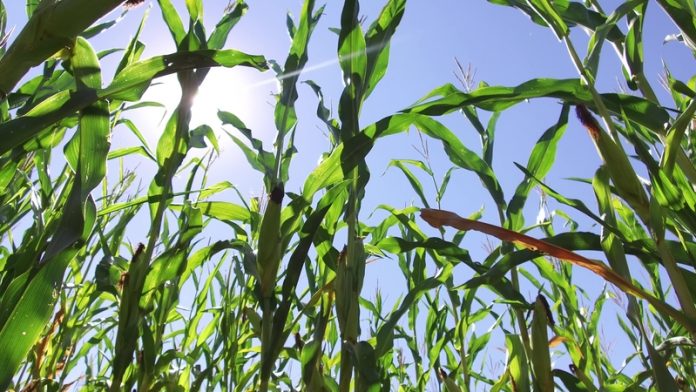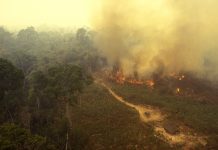Assistant vice president of programmes at American Farmland Trust, Julia Freedgood explains the challenges around the increasing demands to food systems
In the United States, as across the world, increasing demands to feed a growing population are challenged by urbanisation, climate change and an ageing farming population. While the U.S. is blessed with exceptional natural resources to support agriculture and food production, these are often taken for granted with little foresight or planning.
As the old adage goes, “a failure to plan is a plan to fail” and this is certainly true for food systems. Many communities have policies to protect farmland. But planning for the land base is not enough. It is also important to plan for local food economies and to support the people who produce our food.
A team of researchers and practitioners just completed Growing Food Connections, a 5-year USDA funded project to enhance community food security while ensuring sustainable agriculture and food production. Our approach included research, education and practice to increase local government capacity to strengthen community food systems by supporting small/mid-sized farmers and underserved residents through planning and policy.
A survey of planners at the start of the project found limited local government engagement in food systems. However, we did find inspiring examples, where local governments played a lead role developing plans and implementing food and farming policies. We identified 19 “Communities of Innovation” (COI) for further study. Many were big cities with active planning departments: New York, Baltimore, Minneapolis and Seattle. But we also found more rural examples including Marquette County, Michigan and Region 5 in central Minnesota.
The practice part of the project involved eight “Communities of Opportunity” (COO), which we selected after a competitive application process, and supported as they developed their own visions, goals, strategies and plans. Urban, rural and in between, all the COOs were dealing with poverty and food insecurity, and most of their farms were small and struggling to survive.
Farm survey
We worked with the COOs over a 2½ year period to advance plans, policies and public investment. They were especially interested in creating food processing and distribution infrastructure, improving food access and increasing local food production. This included developing food hubs and mobile markets, supporting urban agriculture, and incentivising food insecure populations to shop at farmers markets.
These experiences led to Growing Local: A Community Guide to Planning for Agriculture and Food Systems, which showcases examples from COIs and COOs and includes the most comprehensive collection of local food system policies ever assembled. The practical guide highlights real-life examples of ways communities can create connections between field and fork.
According to Susan Whitfield, director of operations for No More Empty Pots, the guide “Is an excellent resource because it pulls best practices from all regions across the country that have been battle-tested and successful. We will use it to assist us in working with local government entities in both urban and rural communities when recommending policy development and planning strategies to strengthen our regional food system.”
Growing Food Connections was made possible by a grant from the USDA/NIFA AFRI Food Systems Program NIFA Award # 2012-68004-19894. Led by the University of Buffalo, American Farmland Trust, Cultivating Healthy Places, and Ohio State University, the core team partnered with American Planning Association and a National Advisory Committee to conduct research, advance graduate-level planning education and to extend to communities through on-the-ground policy and practice.
American Farmland Trust is a national conservation organisation, dedicated to protecting farmland, promoting sound farming practices and keeping farmers on the land. Learn more at www.farmland.org.
Copies of Growing Local: A Community Guide to Planning for Agriculture and Food Systems are available for free download at: growingfoodconnections.org/wpcontent/ uploads/sites/3/2013/06/AFT_GFC_Community-Guide_lo_res_04-2017.pdf
To learn more about Growing Food Connections and explore its many resources including case studies and policy briefs, visit growingfoodconnections.org/
Print versions of Growing Local also are available for sale. For information on purchasing, please contact Peggy McCabe at pmccabe@farmland.org.
Julia Freedgood
Assistant Vice President of Programmes
American Farmland Trust
Tel: +1 202 331 7300











